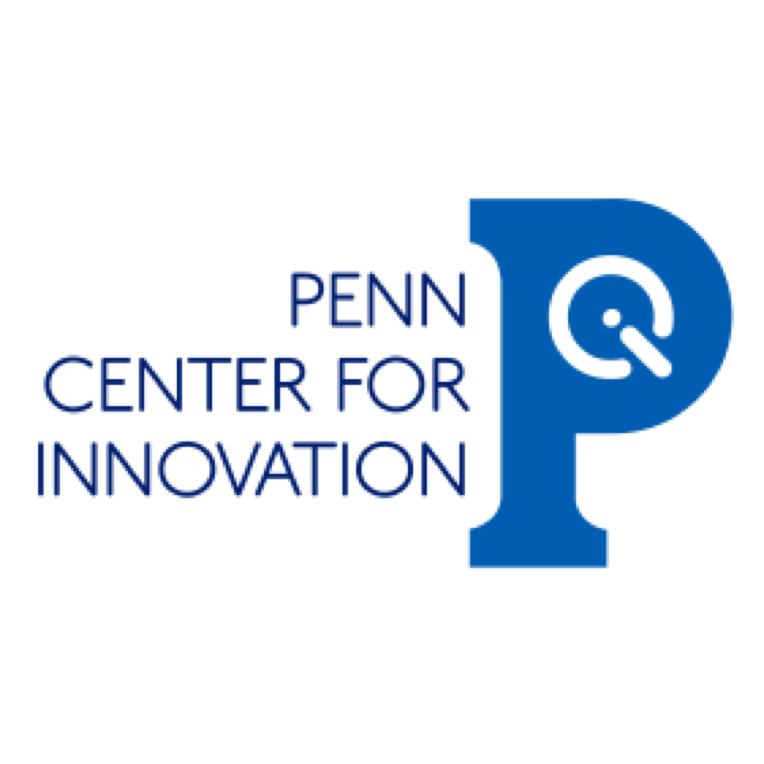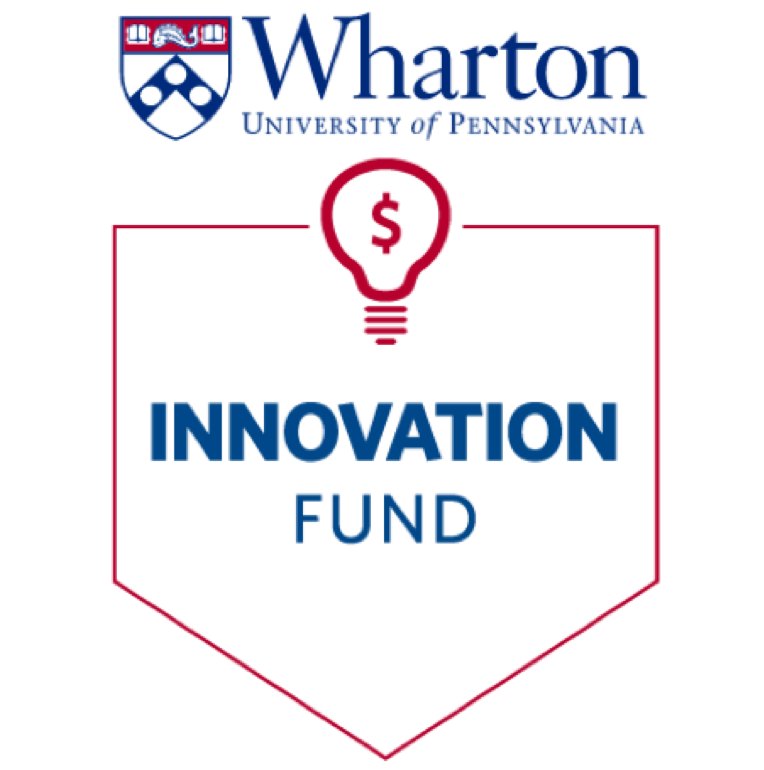Each year ~200K children are born with conditions leading to growth restriction of their skull (craniosynostosis) or lower jaw (micrognathia). Left untreated, these conditions often result in serious complications – impaired neurologic development, difficulty breathing, inability to eat – the very functions necessary for an otherwise healthy child to grow and thrive. Not to mention, differences in appearance become severe and permanent as skeletal growth continues in unaffected areas.
Today’s treatments range from highly invasive reconstructive surgery (imagine a 6-month-old infant on the operating table for 3-4 hours losing ~40% of her total blood volume) to minimally invasive endoscopic surgery that is only curative for a small subset of patients (as in < 3-4 months old with single, sagittal suture fusion). Fortunately, a gentler surgical technique that leverages the body’s natural ability to heal – distraction osteogenesis – is growing in popularity.
Distraction osteogenesis involves surgical placement of a device (distractor) to slowly expand an abnormal bony segment. As the abnormal bone is expanded, new bone regenerates – gradually lengthening and reshaping the affected segment until the desired effect is achieved.
But even though the technique has widely recognized advantages for correcting conditions across the entire skeleton that lead to growth restriction or deformation, technology limitations have hindered its widespread adoption. First, distractors are semi-buried devices that poke through the patient’s skin post-operatively, predisposing these children to a variety of complications – infection (~35%), device dislodgement (3%), increased use of pain medications, visible scarring (~16%). Second, device expansion is typically done at home by parents, leading to treatment noncompliance (~5%) and blinding the surgeon to treatment progress – necessitating an intensive post-operative course of weekly x-rays and clinic visits.
The Ostiio distraction system squarely addresses the chief limitations of current technology.
1. Our distractor is fully implantable. Through elimination of the external component found on all distractors today, we have the potential to reduce associated complications.
2. Our system is automated. Parents and caregivers will still need to perform daily distractions, but it’s as simple as a push of a button. By removing the need for manual expansion via a screwdriver, we may reduce treatment noncompliance and alleviate parental stress.
3. We put the surgeon back in control. Our data-rich system provides surgeons with the means to monitor and control treatment progress in real-time, allowing them to detect deviations from treatment protocols and address potential complications before they become irreversible or cause harm.
The Ostiio distraction system is designed to provide an added level of safety, consistency, and transparency that is not possible with currently available distractors - transforming standard of care and improving patient outcomes and experience








3401 Grays Ferry Ave
BLDG 176-1011
Philadelphia, PA 19146
jessica@ostiio.com